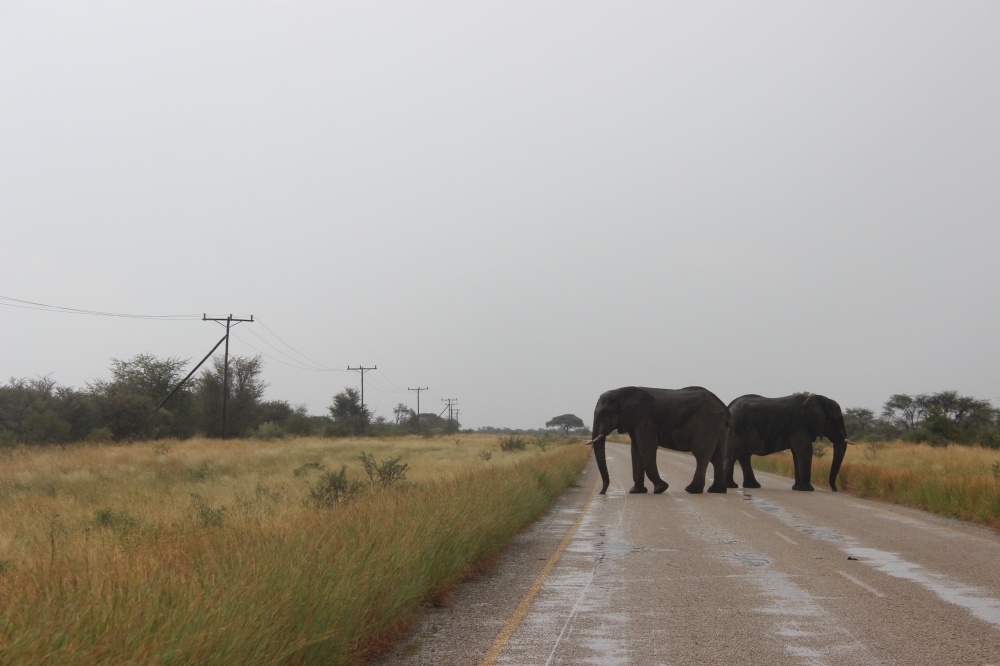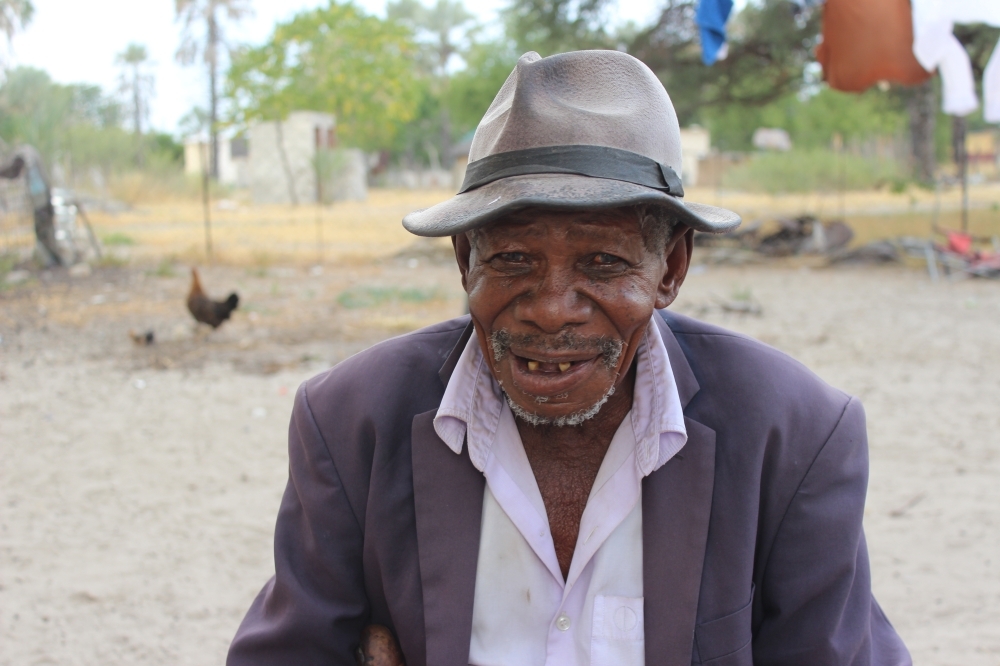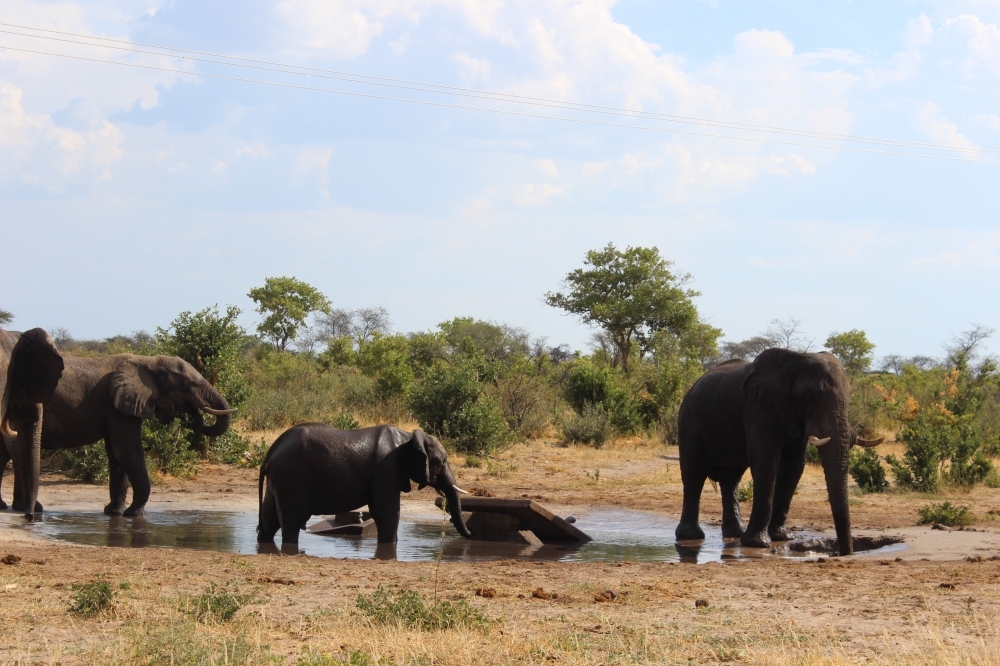Domino effect on trophy ban
Red lights for hunting industry
Should the proposed bill in Botswana be passed which prohibits the importation of hunting trophies to the United Kingdom (UK), it will not only have a devastating impact on Botswana. There is also concern about the possible domino effect this ban will have on other countries, including Namibia.Although the UK is not the largest export market of hunting trophies for Botswana, only accounting for around 10% of exports, there is the possibility that other countries will also go in this direction.
Based on this, the government of Botswana arranged for several journalists from Southern African countries to engage in first-hand discussions with its minister of tourism, the Botswana Wildlife Producers Association (BWPA), experts and academics in the industry and communities.
The chairman of the BWPA - which represents almost 80% of game farm owners and all hunting operators in Botswana - Leonard Matenje, said the ban as currently proposed poses significant risks to conservation and livelihoods.
He thinks that this will have a systematic effect on the viability of the hunting industry in many other countries.
“The potential domino effect of an import ban in the UK will influence other countries to follow suit. Countries such as Finland, Greece, Germany and Italy are considering an import ban on hunting or hunting restrictions. These threats cannot be ignored."
The chief executive of the BWPA, Isaac Theophilus, agreed that the impact of the trophy hunting ban through the domino effect from one country to another throughout Europe is worrying.
"If you look at Namibia, for example, they mainly rely on hunters from Germany. Germany is also already proposing a similar hunting ban. The overall effect will be that it will have a major impact on the hunting industry in Southern Africa.
"We do not bother them in what they are doing in their countries. They must allow us to use our resources sustainably. We are not saying we are going to wipe out all the wildlife in Southern Africa."
'Self-destructive action'
The hunting industry in Botswana contributes about 4.5 billion Botswana pula to the gross domestic product and employs about 3 000 people.
The country's minister of tourism, Dumezweni Mhimkhulu, said that Botswana as a government is seriously concerned about the developments in the West, because of the income-generating activity, namely the importation of hunting trophies, which they want to ban. "Those who live in the hunting areas drive their communities through hunting concessions and trophy hunting."
He emphasised that this is their source of income. "Those communities only deal with consumptive tourism. We cannot give it any other forms of tourism because the vegetation in the area does not allow any other forms of tourism to take place,” he said.
He added that if the people will no longer have any incentive to look after animals, the Kavango-Zambezi Transboundary Conservation Area (Kaza) could fall apart. "In Botswana, they are going to claim that land that has been earmarked as a conservation area and they are going to chase the animals to Angola where they will be killed. It is therefore a self-destructive action. Give people an incentive to conserve.”
An associate professor from the Okavango research institution, Dr Richard Fynn, said that communities were disenfranchised. He emphasised that the communities are the future of conservation, but that the West does not understand the science presented to them and that they act on emotion rather than science. "This is a very emotional thing and communities are being ignored in the process."
The director of Mochaba Developments Property Limited, Debbie Peake, said that the areas identified for hunting are marginalized and cannot be used for photographic purposes. "This ban was never considered or communicated with any African countries. The bill must be stopped before it goes any further. Hunting cannot function in a limited market, it will falter and go back to before when a moratorium was placed on it."
Namibia Media Holdings visited community members of the village of Phuduhudu in the Nxai Pan National Park who all support hunting as it benefits them and one of the residents, Mosarwa Tladi, said hunting should continue because it is how he and support his family.





